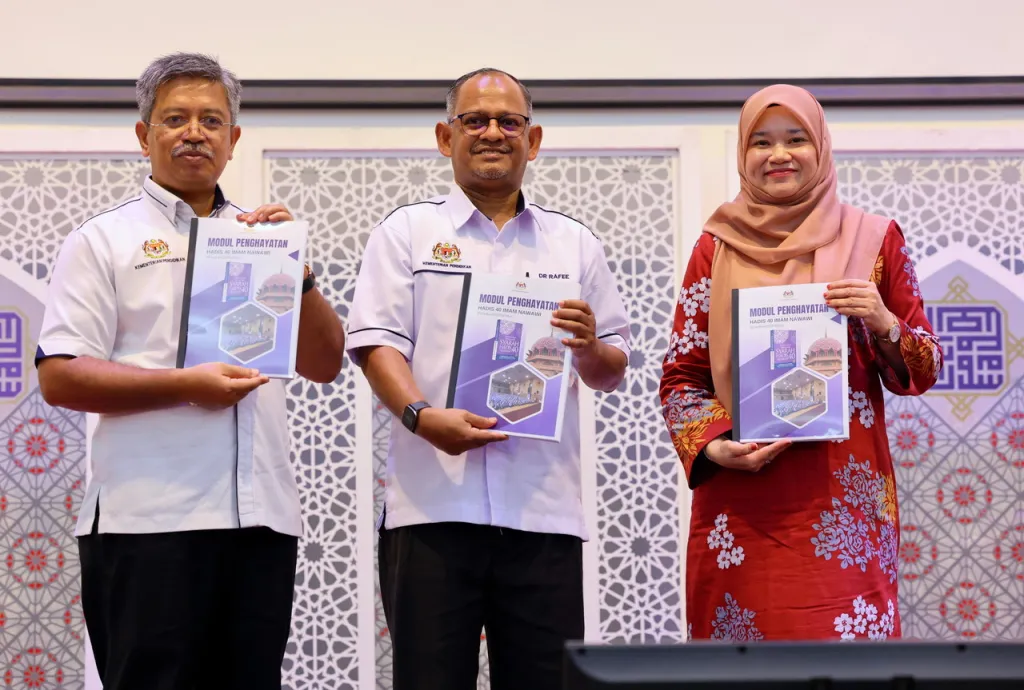The Kuala Lumpur and Selangor Chinese Assembly Hall (KLSCAH) expressed great concern today regarding the Ministry of Education’s intention to introduce the Imam Al-Nawawi Forty Hadiths from under the teachings of Islam into public schools under the jurisdiction of the Ministry of Education.
According to reports, Minister of Education Fadlina stated that the Imam Al-Nawawi’s Forty Hadiths (abbreviated as “Forty Hadiths”) education module will be expanded to other schools under the jurisdiction of the Ministry of Education starting next year. This expansion is justified by the aim to cultivate among Muslim students the values taught by Prophet Muhammad.
KLSCAH urges the Minister of Education to consider this matter carefully. This is because government schools admit children and adolescents of all backgrounds, religious beliefs, or social status, and are committed to providing equal educational opportunities, promoting social equality and inclusiveness. Therefore, introducing the “Forty Hadiths” from Islamic religion into government schools is a decision of significant impact which will have an implications upon religious education, cultural diversity, and social inclusivity.
Although the introduction of “Forty Hadiths” may offer students an opportunity to learn about the Islamic religion. Nevertheless deciding whether to introduce “Forty Hadiths” requires careful consideration of various factors. These factors include the cultural diversity and principles of religious freedom within a diverse society, ensuring fairness and balance in school education, as well as respecting other religious beliefs and non-religious beliefs of other students.
Currently, all government schools in Malaysia, including universities, offer religious subjects, and there are numerous purely religious schools that provide formal Islamic education. Besides introducing Islamic values, should there also be consideration for introducing the authentic values of other religions, beliefs, and cultures by the ministry?
KLSCAH believes that the Ministry of Education should conduct extensive research and consultation before implementing the decision-making process to ensure that the decision-making is based on a balance of various perspectives and interests. The ultimate goal of government schools should be to provide comprehensive, inclusive, and balanced education for students of all ethnic groups, nurturing their holistic capabilities and religious tolerance. At the same time, it’s crucial to respect and protect the religious freedom of every student, in order to achieve an education landscape widely recognized for its humanistic and qualitative education.


 中文
中文 BM
BM